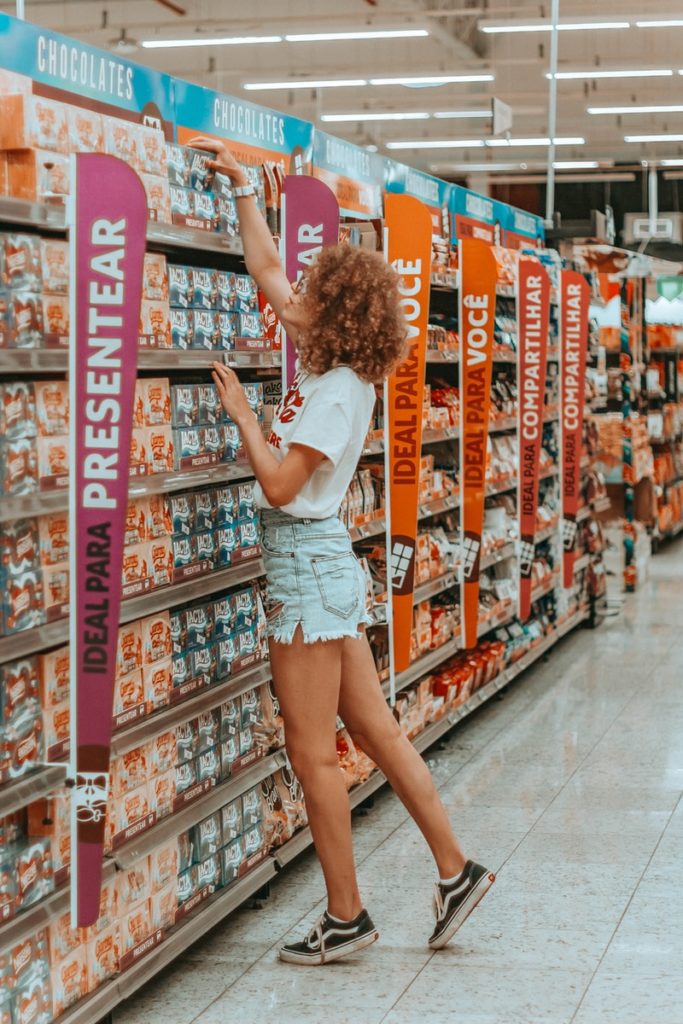You want to know how to save money on food. Is it worth spending time and money shopping and cooking? The price of food is steep these days, which is why it’s important to find ways of saving some cash.
The cost of pre-packaged produce can be a lot more than you might think. Precut fruits and veggies are often the perfect solution if cutting up your own seems too difficult, or if they’re not always in season where you live. You can usually find these at most grocery stores or farmer’s markets even cheaper than they would be at a wholesale supermarket store!
Knowing how to save money on the cost of food can be a bit tricky, especially if you’re not sure what you should be buying or which items are too expensive.
[bctt tweet=”How to Save Money on the Cost of Food” username=”FrugalMag”]
What are some ways someone can save money on food? Here are a few tips on how to save some cash:
Pre-cut fruits, vegetables, and meats:
Ever have trouble cutting up your veggies? Consider buying pre-cut fruits and vegetables! You might think these are more expensive than buying the whole fruit or vegetable, but this isn’t always true.
These can be found at most supermarkets or grocery stores, and are sold in bulk bins. You can usually find these fruits and vegetables even cheaper at a farmer’s market or other local food stands.
Buy in bulk or skip the freezer sections:
If you’re someone who loves to stock up on canned goods, drink lots of soda, or eat a ton of frozen meals for dinner, you’ll probably find it expensive to buy all those pre-made foods! Luckily, you can find alternatives to that convenience. Instead of stocking up on prepackaged foods bought in the freezer section at your local grocery store, try buying small amounts of things like rice and beans from a co-op in bulk.
This seems to be much cheaper than buying prepackaged foods, especially when you think about the fact that you’re paying for air space in those freezer bags. You can also purchase frozen foods and veggies from local farmers or food co-ops.
Know your food expiration dates and stick to them:
This one seems like a no-brainer, but if you don’t know when the expiration date for your food is, or you’re not aware of how long it stays good for (for things like milk, eggs, or fruits and vegetables), you’ll probably pay more for it than if you knew. For a lot of foods, it’s good to buy the smallest amount possible.
Don’t buy extremely large quantities of something such as milk or eggs at once because they tend to go bad longer. Also, buy the larger quantities of certain foods (such as bread) in smaller amounts.
Avoid pre-packaged and processed foods:
There are a lot of pre-packaged and processed foods out there that are often very expensive. Sure, these are easy to find and convenient to buy, but is it really worth it? They tend to be more expensive than buying the ingredients you need separately. You can find these processing foods at mainstream stores and markets, but their cost may be a lot more than if you just went to a neighborhood mom n’ pop store or farmer’s market.
Buy fruit in season:
If you’re someone who loves to eat strawberries and cherries all year round, you’ll probably pay a good price for that. Some of the most expensive fruits are usually those that are seasonal. If you don’t know when a certain fruit or vegetable is in season or if it’s not very common, feel free to ask your grocer at a booth or at the store itself about this. Buying these fruits and vegetables will come with a lower price tag than buying them during their peak season, especially if they’re not in season during that time.
For instance, if peaches are in season during the summer, they’ll typically cost less than if they were available during the fall. Apples typically cost more around fall and winter than they do during spring and summer.
Eliminate heavy bulk items:
Eliminating those bags of sugar and flour is a great way to save money. Instead of stocking up on big bags at the grocery store, split your bulk purchases in half. This can be hard for people who love baking, but you’re not sacrificing the quality of your goods if you buy the smallest amount needed for each project.



